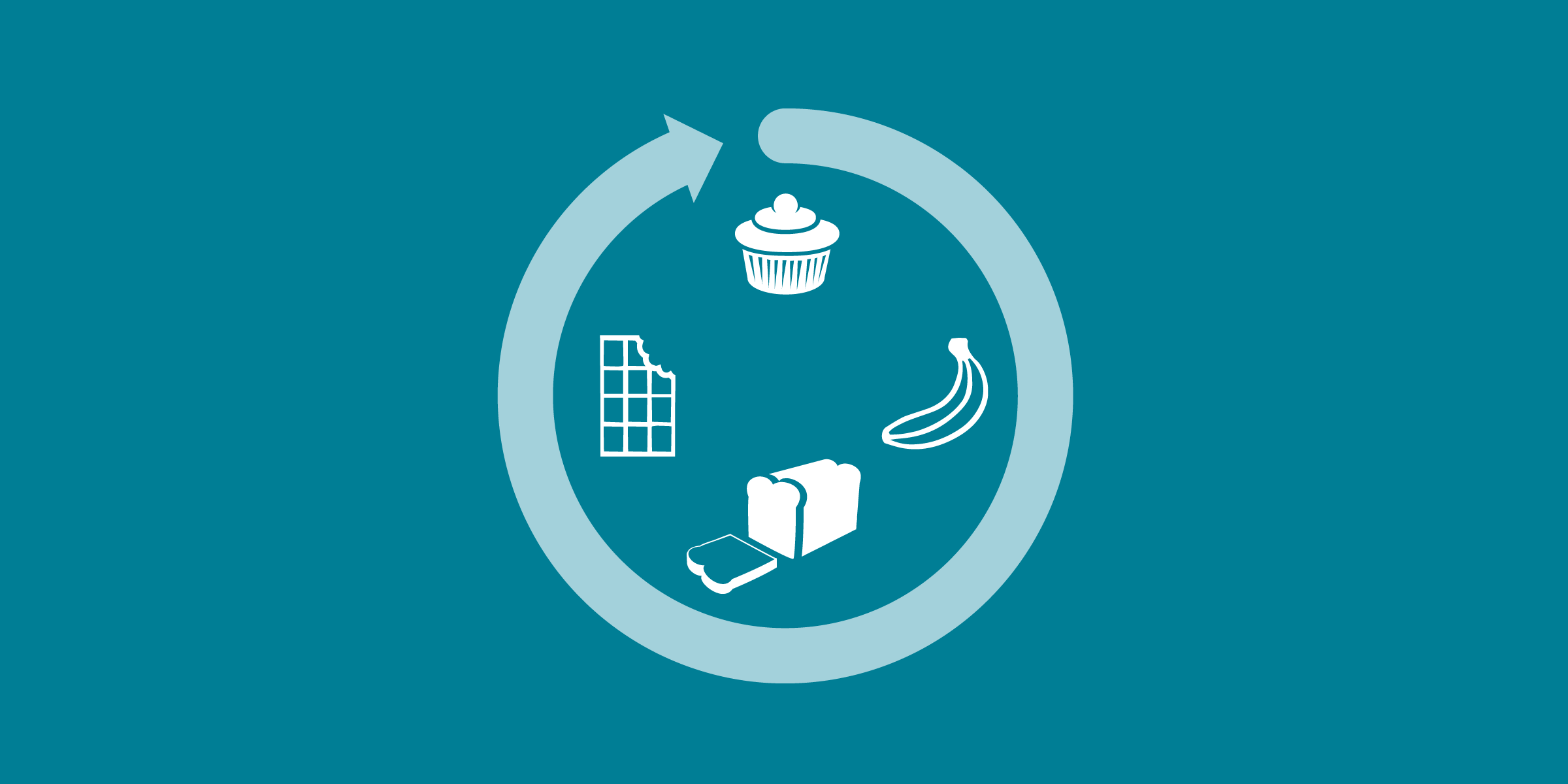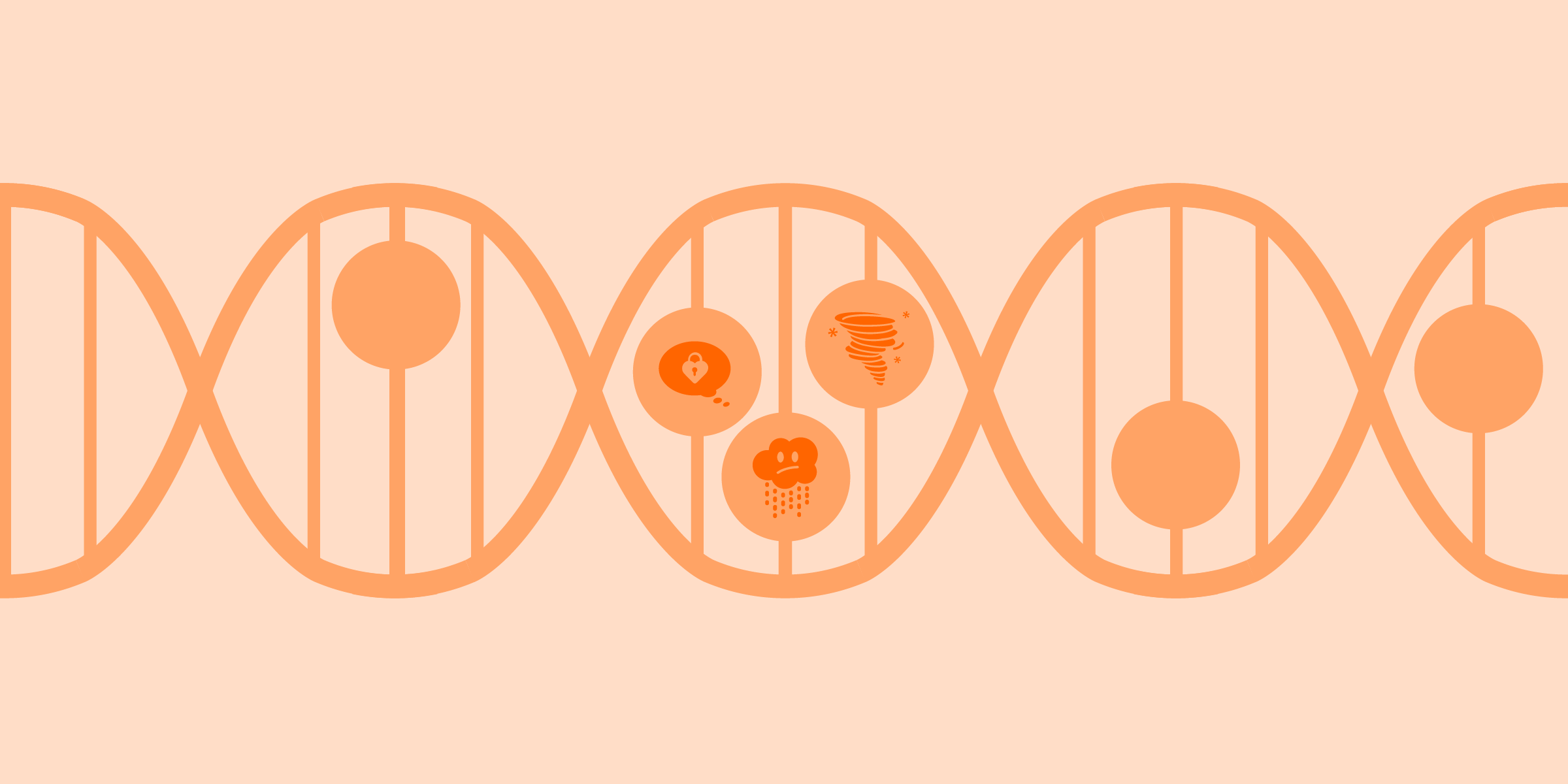
The science of sexual satisfaction
A happy sex life is an important part of a fulfilling life.
Maegan was a science writer for Clue and an epidemiologist. Thinking about research validity and reproducibility keeps her up at night.
A happy sex life is an important part of a fulfilling life.
Most American and European women will use at least one form of hormonal contraceptive.
Researchers measure how well a birth control method works in two ways: perfect-use and typical-use.
Most people report that some female orgasms are better than others. Clitoral stimulation, orgasms during sleep, exercise-induced orgasms, and more.
The food you eat and your menstrual cycle have a complementary relationship.
Caffeine intake and PMS may be associated anecdotally and statistically, as fatigue and depression are common symptoms of PMS .
Managing perimenopause depends on the experiences you have
When a miscarriage occurs very early in pregnancy, it can be difficult to tell the difference between a miscarriage and...
FAMs used in conjunction with other forms of contraception, such as condoms or spermicide, can decrease the risk of getting...
Hormones are the messengers of the body, telling it how to breathe and grow.
Sex hormone binding globulin (SHBG) is a protein that helps to keep your hormones in balance.
How androgens, like testosterone, affect everything from menstrual cycles to libido, and how to know if your levels are normal....
Tracking symptoms throughout your menstrual cycle can help you understand your experience of PMS.
You may have heard about TSS, and know that it has something to do with tampons. Fortunately, it’s rare.
A 2017 study shows that premenstrual dysphoric disorder (PMDD) might be linked to observable genetic behavior within cells.
Synthetic estrogens are used in hormonal birth control, menopause therapy, and more. Here’s how they're made, what you should know...
There is a lot of discussion about birth control and cancer. Here’s what you should know.
During the follicular phase of the menstrual cycle, people tend to have higher levels of antibodies.













